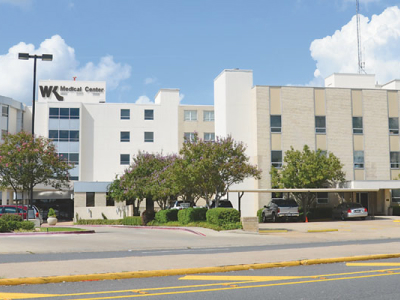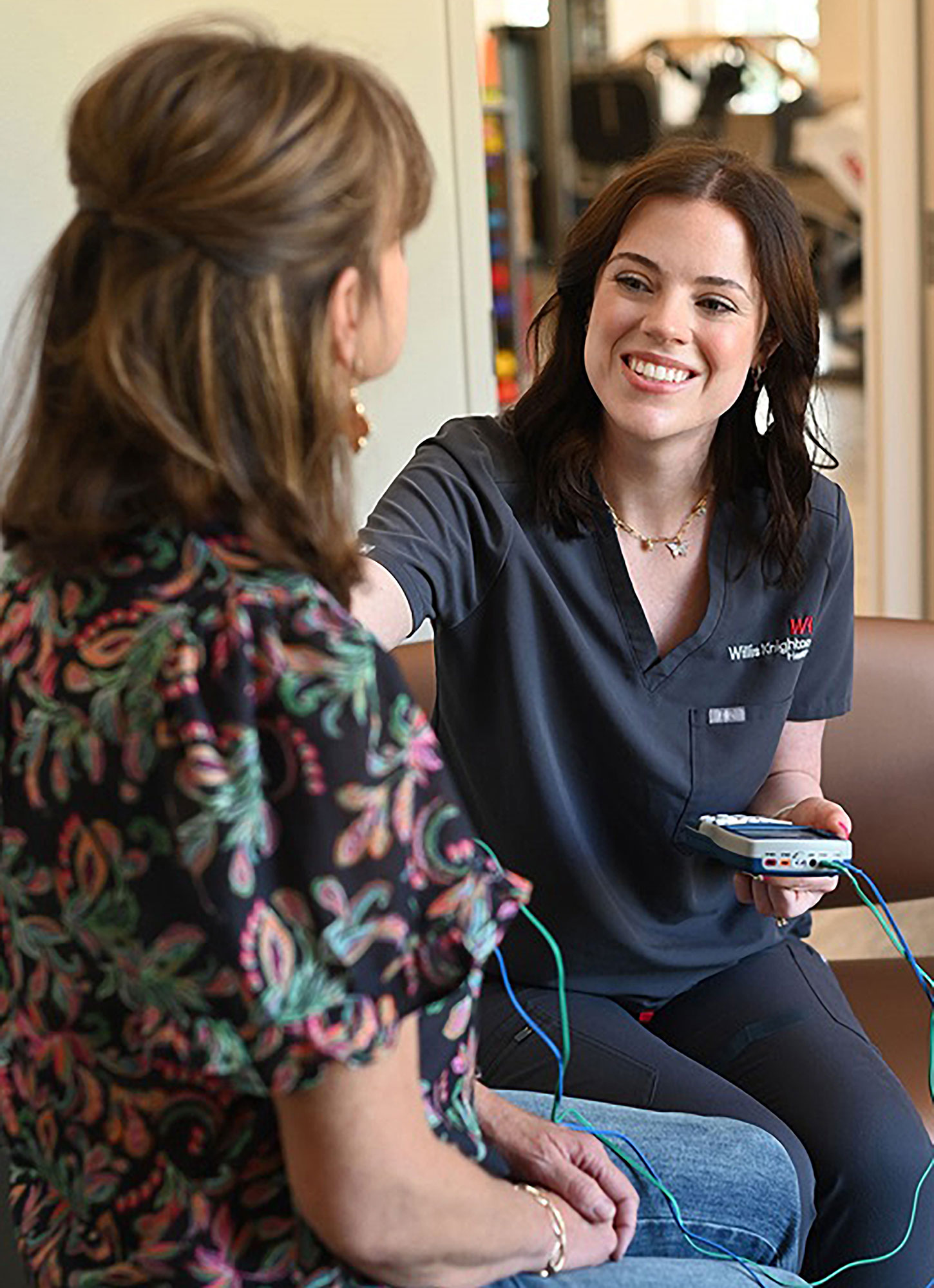Gastrointestinal
- Adjustable Gastric Banding (Laparoscopic Method)
- Adjustable Gastric Banding (Open Surgery Method)
- Anesthesia (Conscious Sedation)
- Anesthesia (General)
- Anesthesia (Local)
- Anesthesia (Monitored Anesthesia Care, MAC)
- Anesthesia (Overview)
- Anti-Inflammatory Diet
- Appendectomy
- Avoiding Food Poisoning
- Capsule Endoscopy
- Colectomy
- Colon Polypectomy
- Colonoscopy
- Colonoscopy Prep
- Digestive Enzyme Supplements
- EGD (Upper Endoscopy)
- Endoscopic Retrograde Cholangiopancreatogram (ERCP)
- Endoscopic Sleeve Gastroplasty (Accordion Procedure)
- Gallbladder Removal (Cholecystectomy)
- Gastrectomy
- Hernia Repair (Laparoscopic Procedure for Abdominal Hernia)
- Hernia Repair (Open Procedure for Abdominal Hernia)
- Liver Biopsy (Percutaneous)
- Living With Cirrhosis
- Living With Crohn's Disease
- Living With Irritable Bowel Syndrome (IBS)
- Percutaneous Endoscopic Gastrostomy (PEG) Tube Placement
- Regional Anesthesia
- Roux-en-Y Gastric Bypass (Laparoscopic Method)
- Roux-en-Y Gastric Bypass (Open Surgery Method)
- Small Bowel Resection
- Talking to Your Doctor About Opioid-Induced Constipation
- Upper Gastrointestinal Series (UGI)
- What Does a Gastroenterologist Do?
- What Does the Stomach Do?










